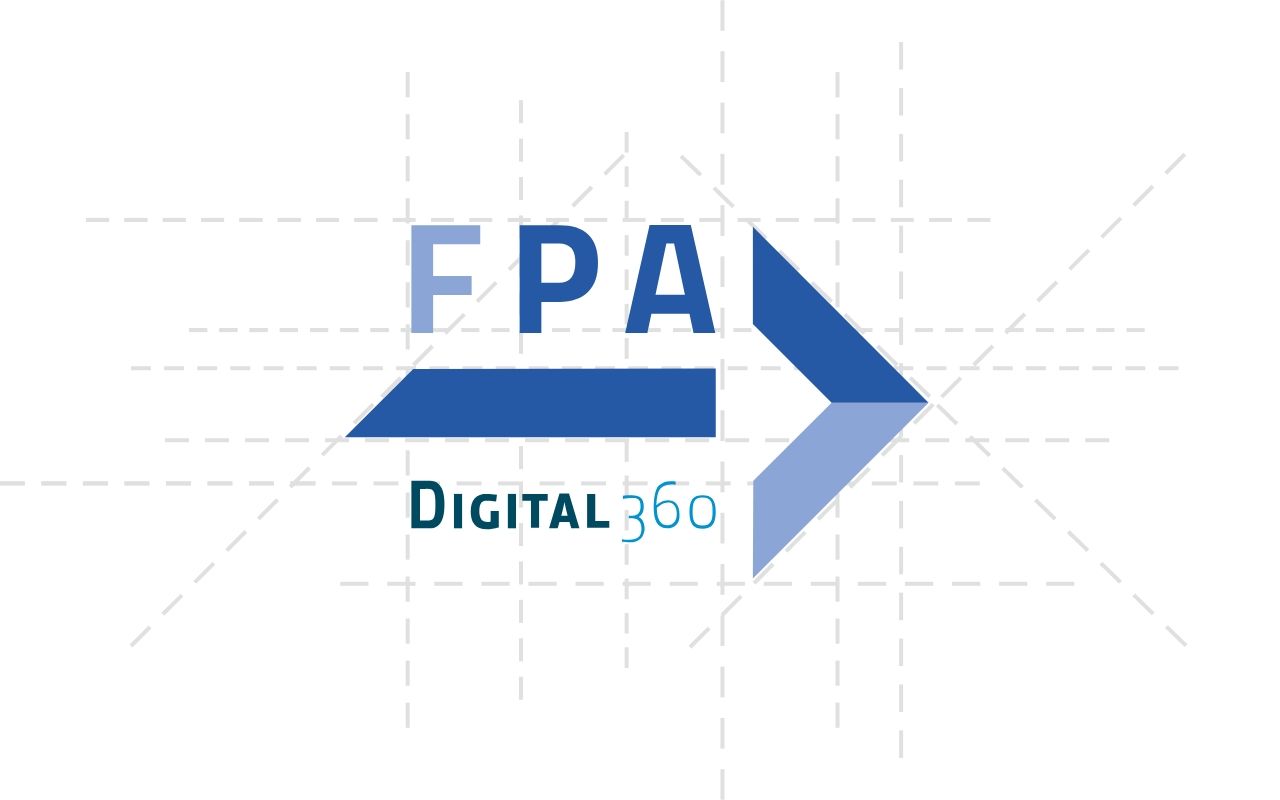Message in a bottle from Zurich: “Let’s have an Open Data Stammtisch at the restaurant!”
Second tale is told us by Micha Rieser from the City of Zurich, where a highly-committed IT group is working to bring the city to the most innovative levels across Europe.
Zurich is the main and largest open data portal among Switzerland cities, its platform and regulatory framework were carried out in very short time http://www.srf.ch/player/tv/10vor10/video/open-data-staat-ohne-geheimnisse?id=d9d437d1-bbef-4f9d-924f-3c52347a2131.
28 Ottobre 2013
Micha Rieser

Second tale is told us by Micha Rieser from the City of Zurich, where a highly-committed IT group is working to bring the city to the most innovative levels across Europe.
Zurich is the main and largest open data portal among Switzerland cities, its platform and regulatory framework were carried out in very short time http://www.srf.ch/player/tv/10vor10/video/open-data-staat-ohne-geheimnisse?id=d9d437d1-bbef-4f9d-924f-3c52347a2131.
As Micha states, our swiss colleagues soon found out that “only publishing data on the platform is not enough in order to leverage the open data movement in Zurich, so we focused on building a close connection to the community in Switzerland, as well as to the data owners within the different Departments of the City”.
Again, even here in Zurich the “human” part of the open data initiative seems to be the most important critical success factor.
Several nice success cases have been carried out with citizens in Zurich: not even one month after the launch of the portal the first app was realized using its data. The app helps to organize the dates of waste disposal within certain areas of the city (http://www.bretscherhochstrasser.ch/entsorgungzuerichapp.html) and – as Micha reports – still it is used quite often by the citizens. Another nice example is the interactive visualization of the budget of the City of Zurich (http://zurich.budget.opendata.ch/) which was realized last March 2013, during the last Swiss Make.Opendata.ch Hackdays in Bern (http://make.opendata.ch/wiki/event:2013-03).
Even in Zurich, community-work (organizing meet-ups and hackdays) was what worked best in engagement with citizens.
With respect to the engagement with startups, Zurich open data project was mainly focused on involving SMEs directly in the organization of hacknights and events, and in offering specific datasets for SMEs having specific business purposes (e.g., an SME which makes a web based calendar of events for kids).
The City of Zurich – says Micha – decided to mix larger events (such as the typical hackathons to be held during three hacknights in this fall http://make.opendata.ch/wiki/event:2013-10 with Opendata.ch and Mingle.io) together with regular and more informal meet-ups (so-called “Stammtisch”) which are regularly held in a restaurant in Zurich. This is the nice invitation to one of these Stammtisch:
"… We invite you to this second meet-up. During this Stammtisch we talk about Open Government Data relevant issues, drink beer (or something else) and maybe eat something. (The beverages and the food must be payed by the participants itself.) Member of staff of the OGD Stadt Zürich are also there and will hear about your projects, about your current problems and your wishes about further data".
Micha says that “For the City Administration such events are a great possibility to get into personal contact to the community and we collect direct ideas and feedback of what users could make different or what data they really would like to see on the portal or even problems they faced recently. So the idea of organizing Hacknights (on three nights during a month) instead of one Hackday or a Hackathon over the weekend was a concrete idea that was born on a Stammtisch. As well as the subject (finding the optimal location for my intention) and the definition of the co-organisators of the Hacknights. Another outcome was for example that we were invited by an ETH research group to join a workshop about crisis mapping in Switzerland. All in all it is about networking an most important of all – meeting interesting people in real life, not only virtually over Twitter, mails and so on.”
Differently from other experiences, the Open Government platform in Zurich is managed by the Statistics Office, but many other departments are involved. A first strong link is with the GIS Office, with which the events have been co-organized. Other offices participated to the hackathons, such as the Economic Development dept, the department who is responsible for the maintenance of the Green Area in the city, and at least one person from the Communication of the Presidential department attended the last meeting. At the Stammtisch there were also people from various – also not IT-offices –departments, such as the Zurich Public Transport (VBZ) for example, who was participating on the Urban Data Challenge 2013 ( http://urbanprototyping.org/prototype/challenges/urban-data-challenge-zurich-sf-geneva/).
The Zurich Open Data platform is increasingly engaging also Public Utilies, who are finding useful open data for their daily routine work, and that are also on their way to add their dataset to the City platform. As our friend Micha stated, “the issue of receiving data flows from Public Utilities is not a question of IF, it’s just a question of WHEN”.
Zurich Open Data ID card | http://data.stadt-zuerich.ch/content/portal/de/index/ogd.html |
Referring person | Micha Rieser |
Date of birth | 28th of June 2012 |
Number of opened dataset (to date) | 155 |
Number of geo-referred dataset | 63 |
Number of dataset published through APIs/OGC WS | 60 |
Open Data platform composed of | Upcoming new portal in late 2013: CKAN |
Number of dataset in Linked Data format | Not yet |
* Rieser from the City of Zurich

